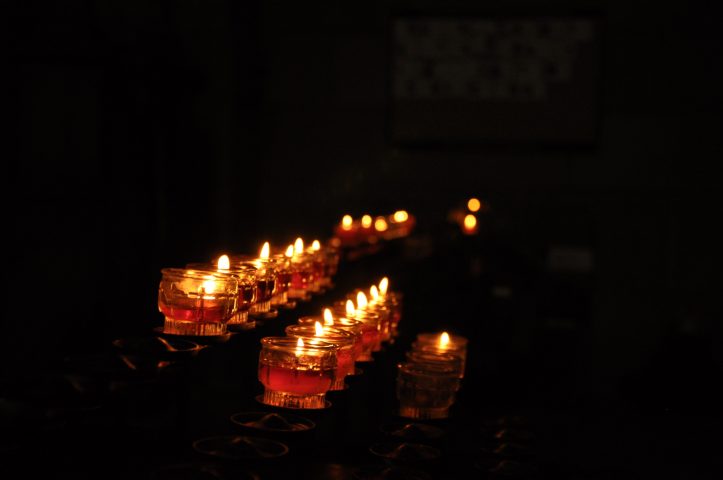By Thomas Joseph White, O.P., Public Discourse, Oct. 26, 2020
Thomas Joseph White, O.P. grew up in southeast Georgia, and grew up in an inter-religious household. He studied at Brown University and Oxford university, and entered the Order of Preachers in 2003. He is the director of the Thomistic Institute at the Angelicum in Rome and a pro…
When we deliberate about how the Church, the state, various institutions, and all individuals should navigate the crisis of COVID-19, we are in fact deliberating about what ultimate common good we collectively belong to. Yes, we are called to protect our own bodily life and the lives of others, but we are also inclined by nature to participate in communities of friendship, extended family life, truth-seeking, meaningful work, gainful employment, liturgy, and contemplation.
 What are the obligations of the Church and her personnel under the current conditions of COVID-19?
What are the obligations of the Church and her personnel under the current conditions of COVID-19?
First, the Church does have an obligation to respect the health of the human body. We must not use an appeal to the spiritual life or the primacy of the sacramental economy as an excuse to ignore widespread risks to the bodily health of human persons. Furthermore, Catholic bishops have the right, within prudential reason, to alter the ways and circumstances that the sacraments are celebrated in order to protect the health of vulnerable persons. This has been done before in epidemics, and there are clear precedents in the tradition, even for the temporary suspension of public masses.
That being said, the Church is uniquely responsible for the spiritual good of the human community, and she must remind Catholics and non-Catholics alike of the primacy of the spiritual. The Church insists rightly that spiritual health is more important than bodily health, without opposing the two. She also insists on the importance of the life of grace and charity as the highest good of the soul—the good that orders the human person toward eternal life with God. …







